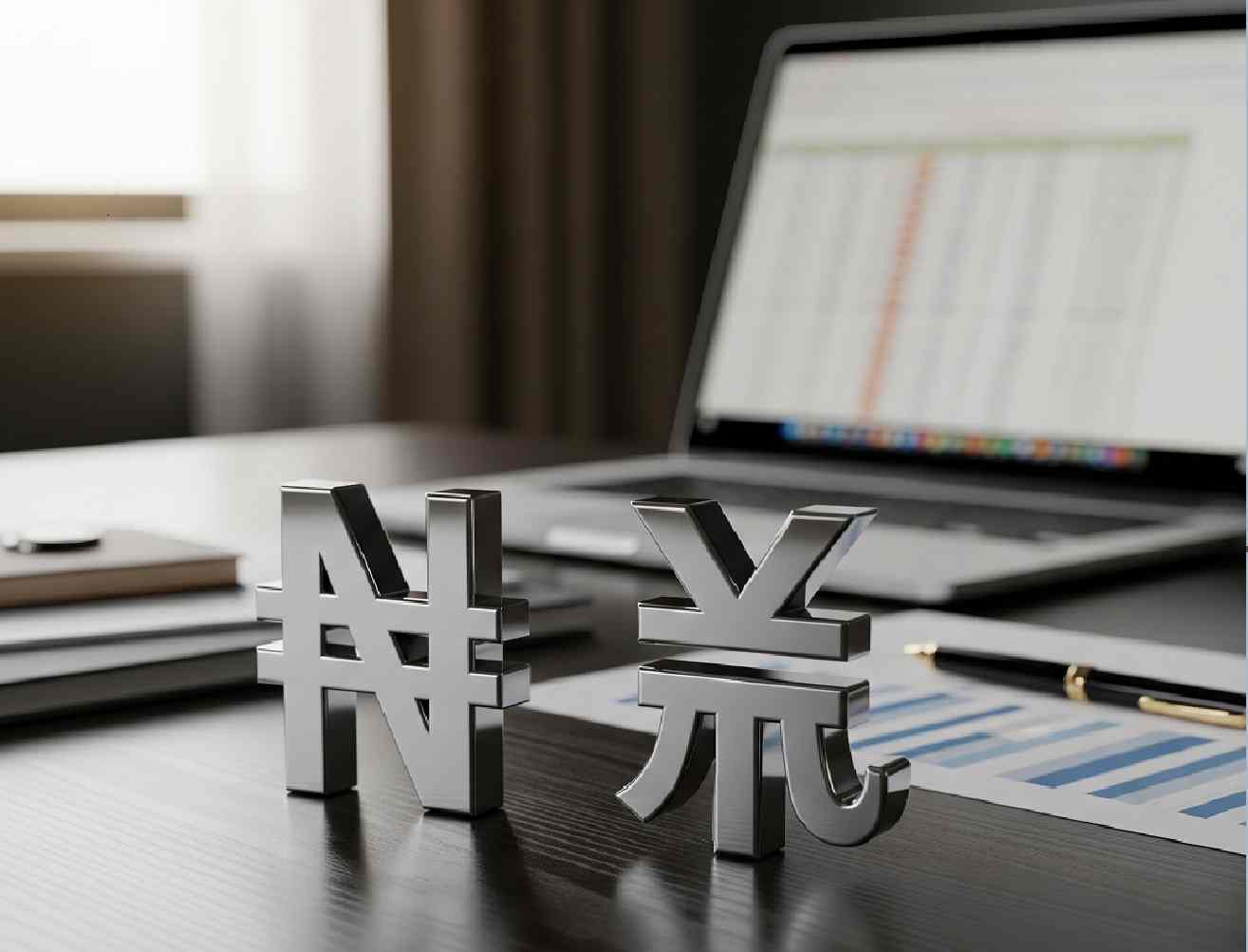In December 2024, Nigeria and China renewed their bilateral currency swap agreement, valued at 15 billion yuan (around $2 billion) and valid for three years with options for renewal.
It enables direct naira–yuan settlements, bypassing the US dollar to reduce transaction costs and support bilateral trade.
As of early September 2025, the naira has strengthened slightly. Chinese businesses in Nigeria are increasingly accepting the naira directly through peer-to-peer (P2P) transactions, bypassing intermediaries like the US dollar, which supports FX reserve stability.
- New Decision for Maryam Sanda as She Gets 12 Years

- China-Nigeria Sign $400m Deal to Boost Steel Production

- Ramping up Renewables in Nigeria After UN Emission Report

Key Challenges Emerging Within Yuan-Naira Trade
There is a severe trade imbalance. Nigeria imports far more from China than it exports, with about $20 billion in imports vs. roughly $2.5 billion in exports in 2023. This severely limits the inflow of yuan required to sustain the mechanism.
Limited business adoption has also been observed among many Nigerian businesses. They remain reluctant or unfamiliar with yuan-based trading. Challenges include low financial literacy, limited sensitisation by banks, and entrenched USD-based practices.
At the moment, transparency & Sovereignty have raised concerns. Critics, the Sea Empowerment Research Centre, for instance, warns that the deal could weaken Nigeria’s economic sovereignty and intensify reliance on China.
More so, it could increase the risk of debt traps and conflict with AfCFTA goals, promoting intra-African trade.
Currency instability and limited access to official FX channels have seen many Nigerian traders resort to unofficial trading routes, underscoring the constraints of formal systems.







